Starting Piano Lessons: Five Signs of Readiness in Your Child
Â
Starting piano lessons is a big step in a child’s life. Parents who value a musical education are usually eager to begin as soon as possible.
After all, many of piano’s great prodigies began playing at age three. Still many piano instructors advise parents to hold off starting piano
lessons until between ages six and eight. What age is actually best?
Parents should be thinking less about age when it comes to starting piano lessons and more about development. After all, children develop at
individual rates. Some children reach particular growth milestones earlier. Others reach them much later. Parents should evaluate their
children based on these milestones to determine readiness for piano lessons.
It’s true that a majority of children realize success in piano instruction when they begin lessons between ages six and eight. However, this
is because most of the mental, motor and emotional skills necessary to learn the piano arrive during those years. But not always.
Here are five signs to look for when determining if your child is ready to start piano lessons:
1. Can your child hold a pencil or crayon properly? The motor skills needed for these tasks are largely the same ones needed to play the
piano. A child who cannot properly hold a writing instrument will be overwhelmed trying to force unwieldy fingers into a “C” position. Ask a
doctor, teacher or occupational therapist to evaluate your child’s pencil-holding skills if you’re unsure.
2. Can your child count to 10? Rhythm and timing is very important when learning piano. A child who cannot count to at least 10 may have
trouble learning certain concepts about piano.
3. Can your child follow sets of instructions? A child who cannot follow a simple series of instructions is not ready for starting piano
lessons. Test your child by giving a series of three commands. Then evaluate how well the child follows through. Here’s one example: Ask your
child to go to his room, find a red sweatshirt in his drawer and put on the sweatshirt. Tell him to come back and see you when he’s finished.
He may be ready for piano lessons if he reports back to you in a reasonable amount of time with the job done. Does he go upstairs and forget
what you said? Does he only get half of the job done? Does he get extremely frustrated trying to complete the series of tasks? If so, he
probably isn’t quite ready for piano lessons.
4. Can your child sit still and pay attention for at least 30 minutes? Piano students usually begin with 30-minute lessons. A child who
fidgets or whose mind wanders before 30 minutes pass will not reap the maximum benefits of a piano lesson. He or she may become frustrated or
may be very slow to learn. Piano lessons are costly, so there isn’t much point in spending the money without getting the full benefit of
learning. Or at the very least, locate a teacher who gives shorter lessons for very young students.
5. Does your child express an interest in music? Children who love music will probably be very motivated to learn to play the piano. They
will enjoy practicing and won’t complain (at least not often) about going to the lesson. A child who doesn’t show an aptitude toward music
won’t have the motivation necessary to apply herself to learning the notes or concepts.
Very few children reach all these milestones at age three. Piano prodigies are considered so not because they began taking piano lessons at
an early age. Instead, it’s likely because they developed early both physically and emotionally. Most children fare best starting piano
lessons when they are truly ready in all aspects of development.


